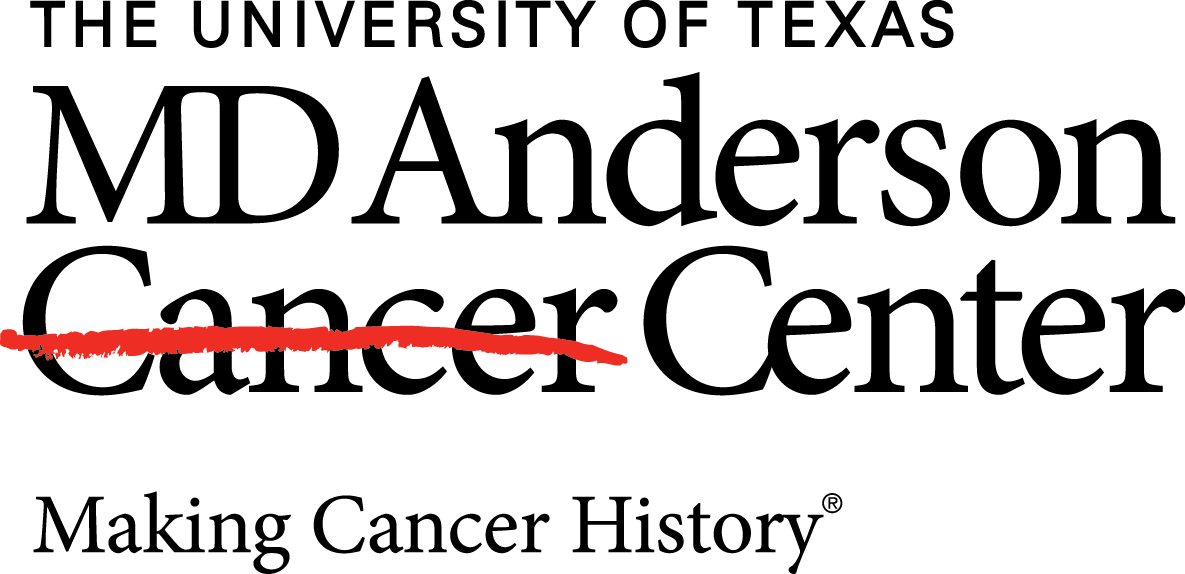
High-Fiber Diets Strengthen Immunotherapy Responses in Patients With Melanoma

New data support increased fiber consumption and decreased probiotic use among patients receiving immunotherapy.
A fiber-rich diet may help improve the efficacy of immunotherapy in patients with melanoma, according to data published in Science.1 Notably, this benefit was most pronounced among patients who were not taking probiotic supplements.
Specifically, patients who reported eating a sufficiently fiber rich diet experienced improved progression-free survival (PFS; n =37) compared with those who reported insufficient fiber intake (n = 91). The PFS between these 2 groups were not reached vs 13 months, respectively. Furthermore, data revealed that a daily fiber increase of 5 grams was linked to a 30% reduction in the risk of disease progression or death.
Similarly, 82% of patients who adhered to a sufficient fiber intake without probiotic use experienced a response to immunotherapy compared with 59% of patients who either had insufficient fiber intake or probiotic use.
“It definitely shows that we need to use caution with patients using over-the-counter probiotics,” first study author Jennifer McQuade, MD, assistant professor of melanoma medical oncology at The University of Texas MD Anderson Cancer Center, said in an interview with Oncology Nursing News®. “That doesn't mean that there's not a role for rationally designed probiotics, but it needs to be thoughtful, and we need to think about it. We need to [assess probiotics] within the context of clinical trials. Therefore, I would avoid over-the-counter supplements.”
Researchers assessed the gut microbiome profiles from 438 patients with melanoma. Eighty-seven percent of these patients were receiving immune checkpoint blockade (ICB) and the most common ICB were PD-1 inhibitors. In addition, 158 patients also completed a lifestyle survey regarding antibiotic and probiotic usage and, among these patients, 128 responded to a dietary questionnaire upon initiation of ICI therapy. Findings were compared against data from preclinical studies.
Furthermore, stratification between lower and higher fiber diets, along with probiotic use, revealed that, in multiple models, probiotic use drove impaired response to immune checkpoint blockade, and was associated with large tumors, reduced gut microbiome diversity, and a decrease in cytotoxic T cells in the tumor microenvironment. In contrast, a higher frequency of CD4+ T cells and slower tumor growth were associated with the high-fiber diet.
“As far as diet, [we looked at] our patients’ habitual diet,” McQuade explained. “The question now really is, ‘can we actually change a patient's diet and then change their microbiome and potentially influence their outcomes?’”
Fortunately, a diet that is high in fiber, or has around 20 to 25 grams of daily fiber, is the same diet that is current recommended by both the American Cancer Society and by the American Institute for Cancer Research, McQuade said.
“We know that this diet is associated with a lower risk of cancer in general, it is associated with lower risks of cardiovascular disease, and it's really consistent with a diet that is recommended for the US population in general,” she added. “While we don't yet have definitive data showing that if somebody makes a change in their diet, they can then influence outcomes, this is a diet that really has no real downsides, and is, again, consistent with what we would otherwise be promoting.”
In addition, the findings have propelled the design of a randomized clinical trial (
“We actually completed our phase 1 feasibility study in melanoma survivors, and we have shown already that the diet is well tolerated,” McQuade concluded. “Patients like the diet. They're able to comply with the diet and everybody was able to reach a target of 35 to 50 grams of fiber per day without issue. Our study now is [with] patients that are actively receiving immunotherapy and we're testing 2 different healthy diets with different fiber content.”
Reference
Spencer NC, McQuade JL, Gopalakrish V, et al. Dietary fiber and probiotics influence the gut microbiome and melanoma immunotherapy response. Science. 2021;274(6575):1632-1640. doi:10.1126/science.aaz7015
Newsletter
Knowledge is power. Don’t miss the most recent breakthroughs in cancer care.


































